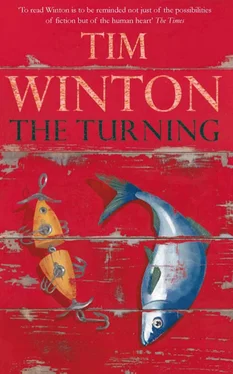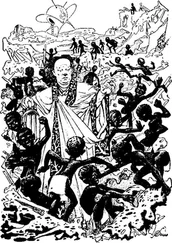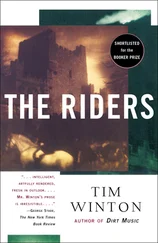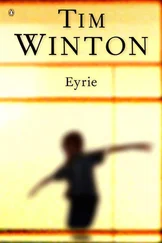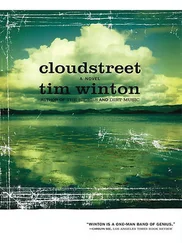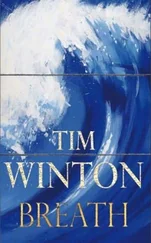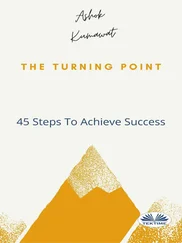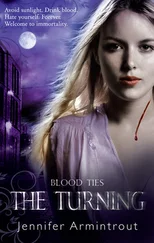In the lee of the yacht club, where the bush gives way to the posh new housing estate, he comes upon Agnes Larwood as she sits on the sand to pull on her old tennis shoes.
You’re early, he says.
So are you.
With his bare foot Brakey nudges the gidgie lying in the sand beside her. It’s little more than a broomstick with a five-pronged head. The barbs are rusty but the points are sharp enough.
Hear about Mr Benson?
He nods.
Terrible, eh.
Yeah.
Poor Brad.
I don’t like him, says Brakey.
Me neither, but it’s still awful.
Yes, he murmurs, suddenly ashamed of himself.
He watches her tie the laces of her old Dunlop Volleys.
What did you used to call them again? he says. In the old days.
These? Plimsolls.
That’s it. Plimsolls.
You all laughed.
Yeah.
We were fresh off the boat, I spose, she says, pulling the hessian bag to her and slipping the cotton strap over her bare shoulder. The rank odour of it rises between them.
Real Poms, he murmurs.
Agnes gets to her feet. She brushes the sand from her shorts. The light is dirty now; it’s much later than he’s realized.
Mind if I. . come along?
She shrugs. You’ve got no shoes.
I’ll be right. You’ve got a lamp.
Suit yourself.
For a long time they wade the clear, sandy flats without speaking. Eventually she lets him hold the little kero lamp so that he doesn’t feel so useless. It means he needn’t trail along behind her for fear of stepping on anything or spoiling her shots. There are a few crabs about but no cobbler until they work their way back to the seagrass alongside the boatpens. Now he wishes fervently that he had shoes. The seagrass is dark brown, almost black in the lamplight, and the whiskery little catfish are hard to detect against it. As Agnes spears three in quick succession, and he watches while she pulls the poisonous spines off them with the pliers, he wonders how many more they’re walking past without seeing at all.
Ugly buggers aren’t they? he murmurs.
I spose.
Any time he tries to make even the quietest conversation he finds himself slipping against the glassy intensity of her concentration. His stomach is growling now. The light southerly freshens a little. The ripples on the surface make it harder to see fish on the weedy bottom. Rigging pings against masts above them and mooring lines begin to groan. The slop of water against a hundred hulls makes him think of people eating. Back at the clubhouse there’s music. The smoke of a barbecue streams from one of the sleek brick houses of the new subdivision.
The seagrass feels both slippery and gritty underfoot and between his toes. Brakey thinks of all those times Agnes and her family sought refuge at his place in the middle of the night. He supposes it’s why Agnes and he haven’t really spoken for years. It must be kind of embarrassing for her. He walks close to her. He can hear her breathing now. Moths plop against the light in his hand. It surprises him that the Larwoods are so broke that Agnes has to spear fish every night to keep them going. He doesn’t know how much the dole is and can’t recall Mrs Larwood ever going out to work. Old Eric hardly leaves the house these days, as far as Brakey can tell, but when you do see him sitting out on an old kitchen chair under the flame tree, he looks like a man beaten beyond saving. Brakey wants to ask her so many things. He wants to eat something too, or at least run his hand through the stubble of Agnes’s hair.
Then there’s a sudden shock up his leg. He lurches sideways. The hot glass of the lamp kisses his bare thigh for a moment and he yelps shamefully and staggers shoreward without even waiting for Agnes. The pain is like having a rusty nail driven into the ball of his foot. He flings himself down on the damp sand and draws the light close so he can examine the puncture and the swelling white flesh around it. He’s heard of old men having heart attacks and ladies having pethidine injections to beat the pain but he just wants to shit all of a sudden and have the luxury of writhing about for a while and swearing his head off. Agnes slops in out of the dark. On the jetty above them someone laughs and he’s filled with sudden hatred for all these poncy new bastards overtaking Cockleshell day by day.
It was only a matter of time, says Agnes. You okay?
I’m bloody wonderful, he spits.
He gets up, flailing a moment to keep his balance.
Hot water, they reckon, says Agnes.
I’ll stick it in me tea then, he says. See ya later.
Brakey hobbles off in steaming humiliation, half hoping Agnes will come after him. But she doesn’t.
When he finally stumps up onto the verandah his mother comes out with a tea-towel in her hand.
Your dinner’s cold.
Good!
He goes straight to the table, lifts the plate covering from his meal and bolts the food in a hot frenzy that feels as ridiculous as it looks.
Are you on drugs? his mother asks with uncharacteristic timidity.
Not yet, he says.
She steps aside as he heads for the bathroom.
Sitting on the edge of the tub to examine his throbbing foot, he wonders what his mother might make of him and Agnes Larwood as a pair. The Brakeys have always had an air of gentle superiority about the Larwoods. Ten-pound Poms and not just English but the kind with that awful accent. And the old man, Eric. In his day he was a professional rabble-rouser, a drunk, a basher. The Larwoods were always shabby. Since the old man abandoned them, Brakey and his mother have done it hard. The house is beginning to shed paint and timber around them. There’s never enough money. They’re pretty shabby themselves but he doubts that his mother will see herself yet on a level with the Larwoods.
He scans the shelves for something that might relieve the pain. Amidst the powders and unguents he finds some balm which looks promising for a moment until he realizes that it’s the stuff his mother applies to her cracked feet every summer’s evening. Examining the tube, he’s appalled and excited to discover that the ointment’s active constituent is urea. He knows what that is. Piss! His mother bastes her heels in piss every night and he’s anxious about her feelings about Agnes Larwood?
He sits in the bath with the shower pelting his head from on high. His foot hurts like buggery but he’s not going to say a word.
Long before morning, he wakes from a dream in which the body of Mr Benson from the bank washes in from the Big Hole. Somehow it’s found its way around the granite bluffs and headlands to the harbour entrance and come all the way in to Cockleshell on some unholy tide. Brakey’s there in the shallows with Agnes beside him. Her face shines with sunlight. Together they roll the banker over in his beige suit and the swollen face that confronts them is his father’s.
Brakey lies awake until morning, remembering the week in the city last winter with the old man and his girlfriend, a handsome woman not much older than him. It was a trial, an attempt at beginning to close the gap somehow, to reacquaint themselves. But the week was a misery. What can you ever do to get past the feeling that your father’s chosen somebody else ahead of you? The only thing worse than that week was the aftermath when his mother pumped him and primed him for details and he remained sullen and mute. He’ll never do it again.
By evening Brakey’s limp is gone and the confusion of the school day has left with it. He’s waiting amongst the peppermints when Agnes comes along the shore, and when she stoops to light her lamp in the twilight, he strides out so abruptly in his ancient Adidas that she gives a startled cry.
You’re a lunatic, she says when he reaches her.
I know.
Mind if I come along?
Читать дальше
